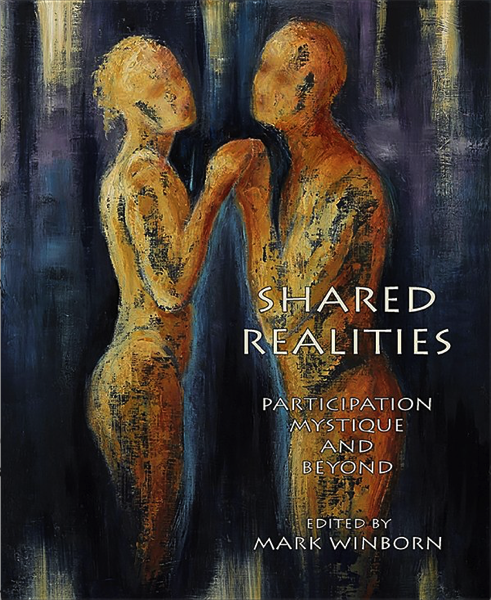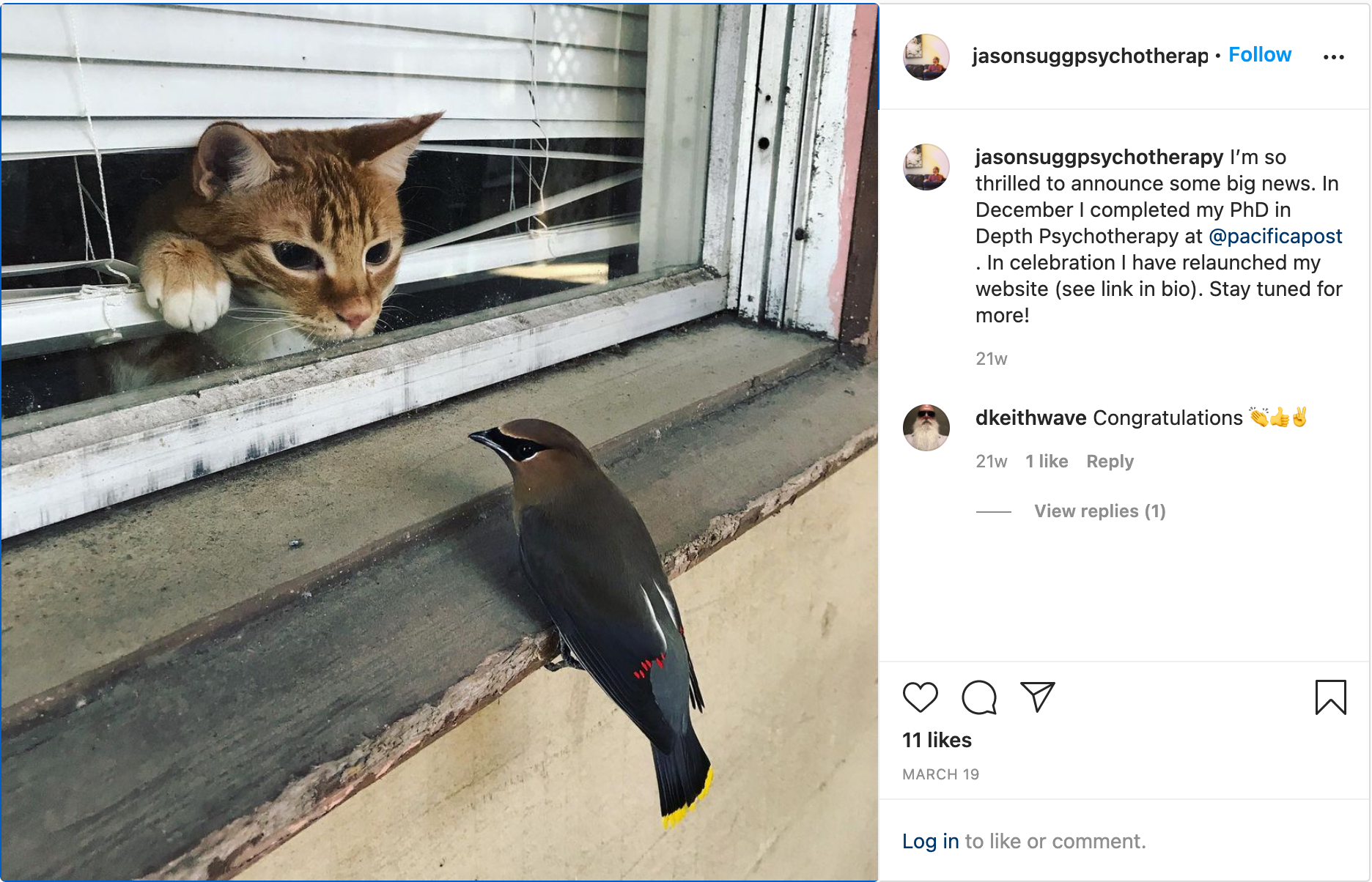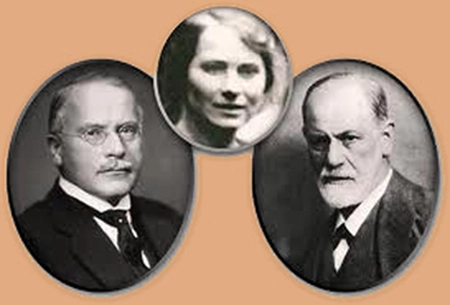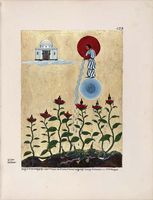Stumbled on this scrap: Jung wrote that
For two personalities to meet is like two different chemical substances: if there is any combination at all, both are transformed. In any effective psychological treatment the doctor is bound to influence the patient; but this influence can only take place if the patient has a reciprocal influence on the doctor. You can exert no influence if you are not susceptible to influence.
(C.G. Jung, CW, vol. 16, para. 163)
This is close to describing Moreno’s tele with the emphasis on reciprocity, ie a flow both ways.
Later:
Friday, 18 November, 2016
This is the relational paradigm in Jung, but as in so many psychotherapies it is thought of primarily in the therapeutic relationship. The obvious leap is to see that this reciprocity is present among people, in families, groups. The more significant the relationship the greater the power of transformation.
That there is a therapeutic quality in tele differentiates psychodrama from “individual therapy”.
More on this from Zerka.
See especially this post. It has the link to the section of Psychodrama Vol 1 that is relevant to this discussion.



 Amazon
Amazon


